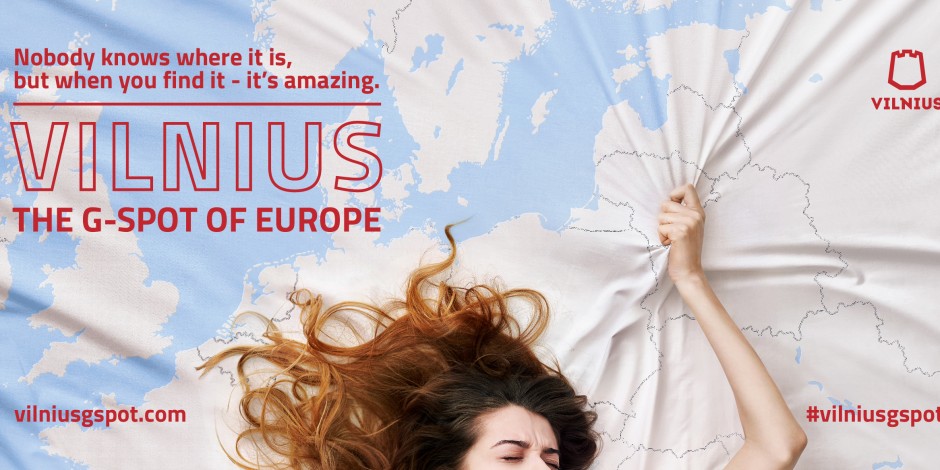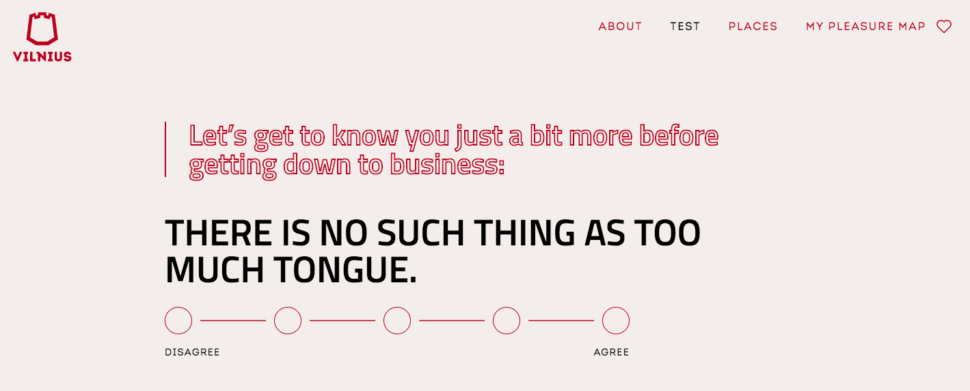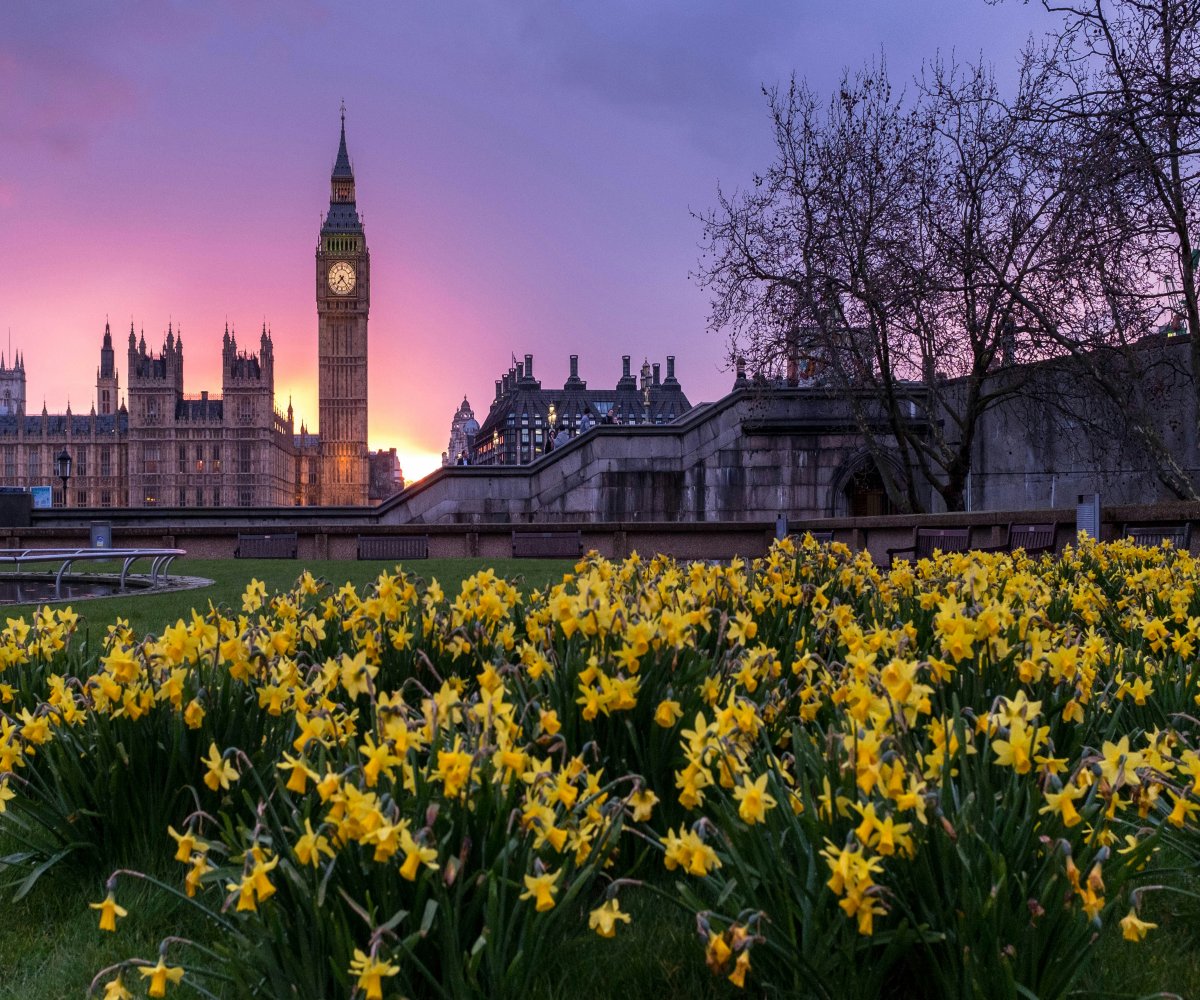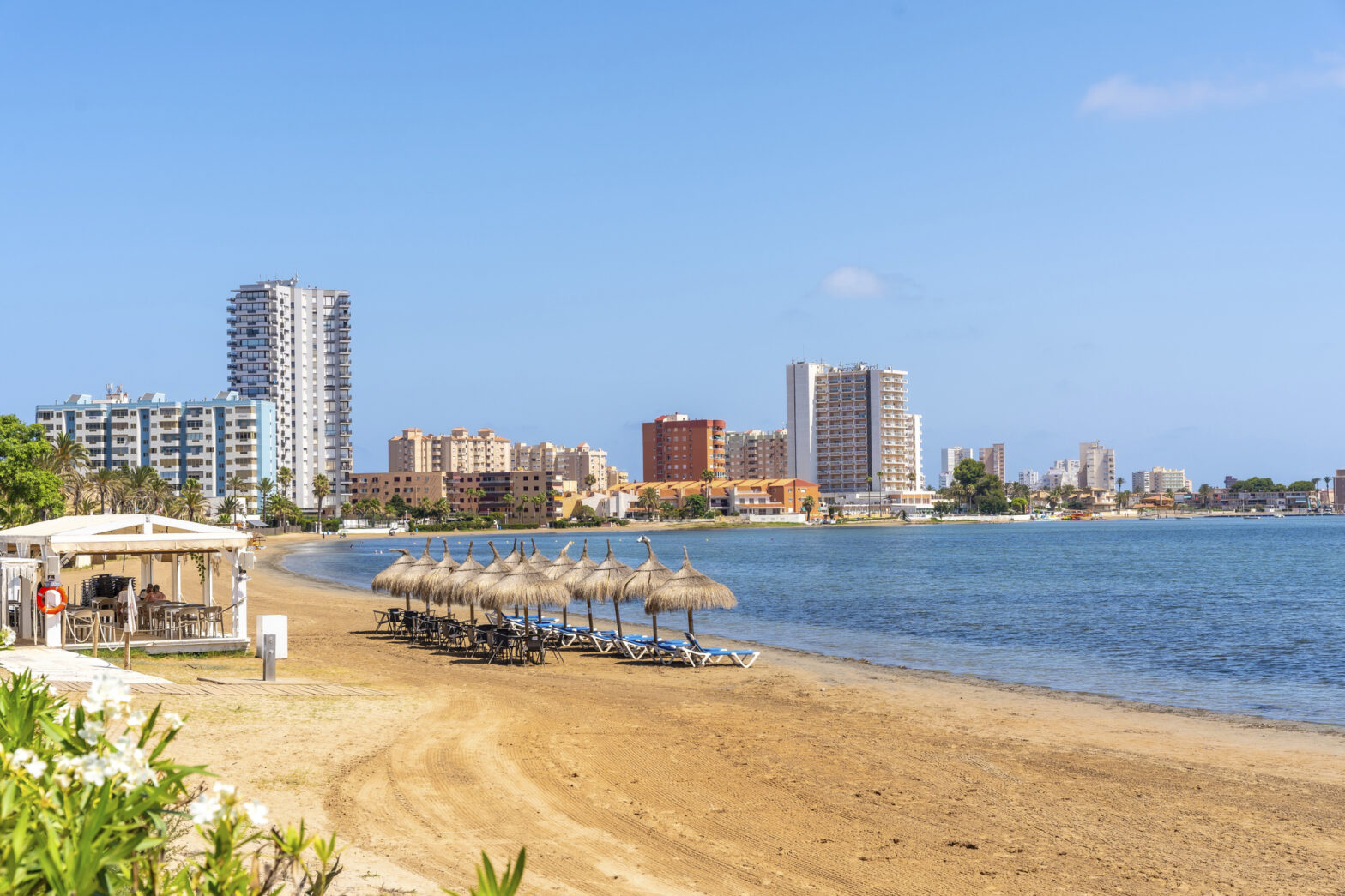“The G-Spot of Europe. Nobody knows where it is but when you find it — it’s amazing,” reads a series of advertisements promoting tourism to Vilnius, Lithuania’s little known capital city.
The controversial marketing campaign by Go Vilnius features a woman lying on back in ecstasy as she grips the sheet beneath her. Printed on the sheet is a map of Europe, with her hand strategically placed on Vilnius’ location.

RELATED: Drive-In Sex Booths Could Replace Berlin’s Former Airport
Visitors to the website are encouraged to “build your own personal pleasure map” by taking a test, in which you can judge how much you agree with statements like “there is no such thing as too much tongue,” “real pleasure doesn’t come without breaking a sweat,” and “the right accessories can enhance any experience.”
Based on your answers, the user is then presented with a variety of activities in which they can like or ditch resulting in a “pleasure map” of things to do throughout the city.

The idea was created by advertising students and has caused a divisive reaction throughout the largely Catholic country. According to cnn.com, the bishop of Vilnius warned that it was casting the capital as a “sex tourism city” while the Lithuanian government requested that Go Vilnius postpone the launch of the campaign until after the Pope’s visit — a request which was ignored by the city.
But the UK’s Advertising Standards Authority (ASA) rejected the complaints it received about the campaign, saying that while “some might find the ad distasteful… [it] did not objectify the female character.” They concluded it was not “exploitative or degrading” and “unlikely to cause serious or widespread offense.”
To Go Vilnius’ delight, the project has been named the best destination campaign for a city at the International Travel and Tourism Awards.
RELATED: Travel Noire’s Sexiest Blac-cents List
But most importantly, has the campaign worked to bring tourists to the little-known capital?
According to cnn.com, overall visitor numbers to Vilnius increased by 12.5% last year, but visitors from Germany and the UK — the two primary markets for the campaign — were up by 37.8% and 20.5% respectively.
“Our goal is to attract more young, curious travelers interested in discovering new exciting destinations,” Inga Romanovskienè, director of Go Vilnius, the tourist board, told CNN. “Sometimes bold ideas attract more attention.”
It sounds like the racy campaign has certainly hit the spot.





